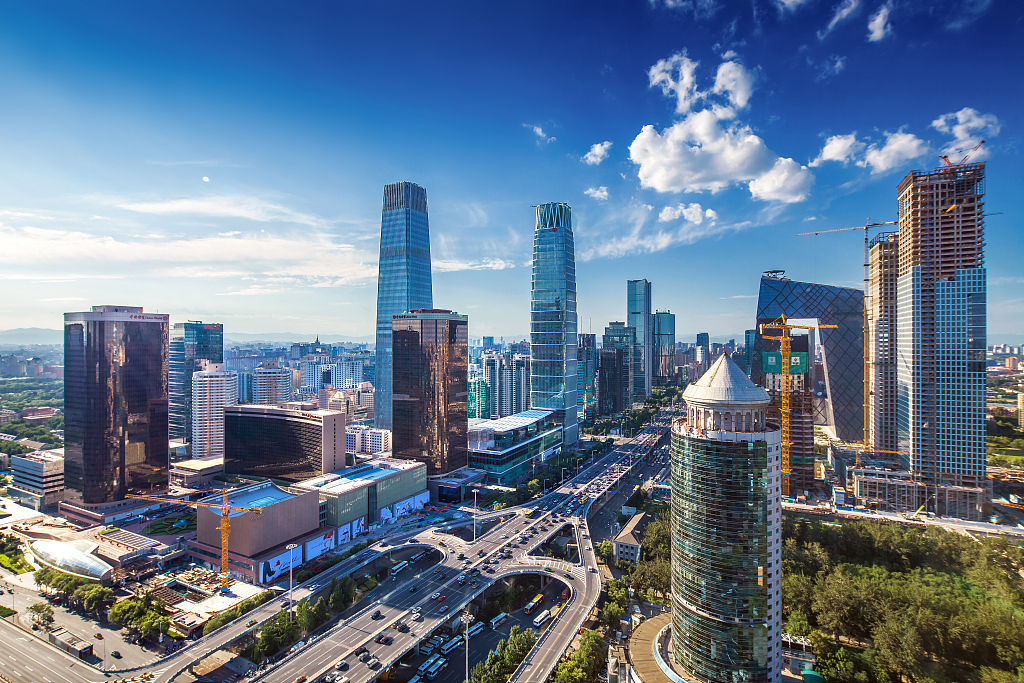China doesn't follow Western trajectory
China Daily | Updated: 2021-01-14 07:32

Editor's Note: In a recent interview with Global Times, Zheng Yongnian, dean of the Advanced Institute of Global and Contemporary China Studies at the Chinese University of Hong Kong, Shenzhen, talked of some Western misconceptions about China. Excerpts:
With the advancement of reform and opening-up, some Westerners believed China might become a Western-style economy in an increasingly globalized era. It is true that China will not stop reforming its economic system, but there is no possibility of China becoming a completely Western-style economy like the United Kingdom or the United States, which are dominated by capital. This is not just because East Asia's history is different from that of the West, but also because China's hybrid economic model leads to more efficient governance.
Such a model helps avoid periodic crises that a capital-dominated society faces and helps realize sustainable growth and social stability. American companies have profited most from the past 40 years of "super-globalization" but this has not helped the US achieve sustainable social stability. In contrast, China has achieved sustainable economic growth and social stability over the past few decades, which is to a large extent attributed to its mixed economic system. China has not only created enormous wealth but also lifted more than 800 million people out of poverty. This is the result of cooperation between the market and the government.
The West's most glorious period of growth was the post-World War II Keynesian era of widespread state intervention. After the war, the middle class in the US expanded to 70 percent of its population, but fell to 50 percent despite improved economic efficiency in the 1980s. The rapid shrinking of the middle class is the sociopolitical cause of the rise of populism in US society today.
From a historical perspective, neo-liberalism is not necessarily an unavoidable trend. Economically, it is best for the government, society and capital to be in a relatively balanced state, and that politically the combination of democracy and centralization function better. The "one person, one vote" mass democracy is the simplest and least effective form of democracy.
Thanks to rapid economic growth, China has seen the emergence of large private enterprises, which, along with the expanding rich and middle-income groups, has caused some Westerners to think they are becoming "bourgeoisie" and will pose a challenge to China's political and social structure. However, there is almost no possibility of that happening.
There were times when China's private economy was strong, but that never changed its State-led political and economic governance model. In reality, many super-large private enterprises emerged thanks to national policies, rather than Western-style independent enterprises. Precisely because China's middle-income and well-off groups are products of government policies, they do not try to "grab power" from the government unlike the business community in the West. Therefore, it will be wrong to apply the Western paradigm to mechanically interpret China's problems.
























